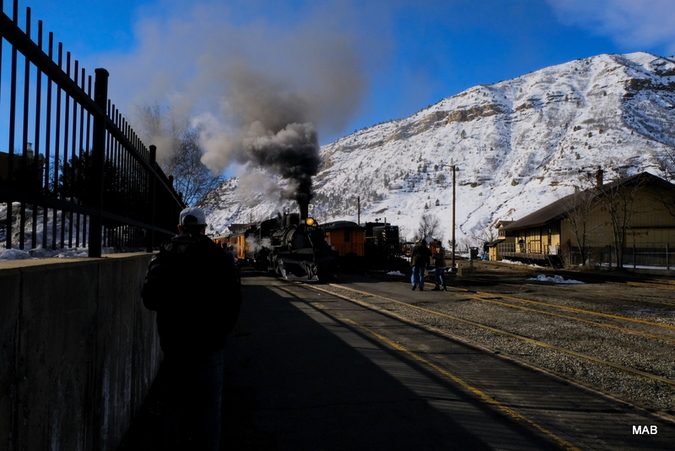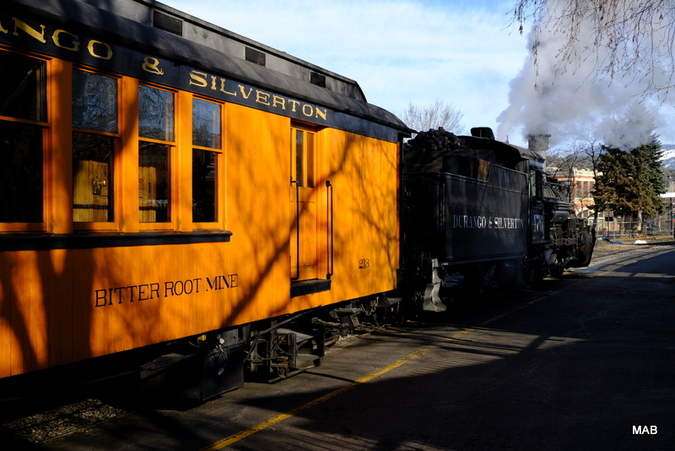- Local time
- 7:06 PM
- Joined
- Jun 23, 2005
- Messages
- 6,286
To me photography is about sharing your perspective or vision of something. To me, the magic is light, all the different types, sources, looks. Ansel Adams was a master of understanding time, position, and his tool to get the results he wanted. Gary Winogrand was more a master of the moment with a finely tuned situational awareness with a different set of tools.
One person might see a leaf still on a tree, another might see the squirrel looking for the perfect place for her nut, another might not notice anything but the crack in the sidewalk under their feet.
You mentioned a few days ago something about having a good eye, photography allows each of use to find her or his vision and capture it with a common set of tools. The tools we pick fit us, support our capturing your vision. Some folks look at me as crazy changing from my Leica Ms to a Nikon S2, it just felt better. Some people change cameras as some singer says “like a girl changes clothes”.
For me, photography give my creative side a way out. Can’t sing, write songs or stories, happy to have gotten good at painting walls and trim (can’t do water colors or oil). For me the point is that it’s a way to have fun and on good days bring a different vision or perspective into some else’s life.
Excellent question Ms. H!
B2 (;->
Hey Ms. TA, great to hear from you. Wonder how stuff is up north. Stay safe, healthy and in touch with your crazy family here.
One person might see a leaf still on a tree, another might see the squirrel looking for the perfect place for her nut, another might not notice anything but the crack in the sidewalk under their feet.
You mentioned a few days ago something about having a good eye, photography allows each of use to find her or his vision and capture it with a common set of tools. The tools we pick fit us, support our capturing your vision. Some folks look at me as crazy changing from my Leica Ms to a Nikon S2, it just felt better. Some people change cameras as some singer says “like a girl changes clothes”.
For me, photography give my creative side a way out. Can’t sing, write songs or stories, happy to have gotten good at painting walls and trim (can’t do water colors or oil). For me the point is that it’s a way to have fun and on good days bring a different vision or perspective into some else’s life.
Excellent question Ms. H!
B2 (;->
Hey Ms. TA, great to hear from you. Wonder how stuff is up north. Stay safe, healthy and in touch with your crazy family here.




